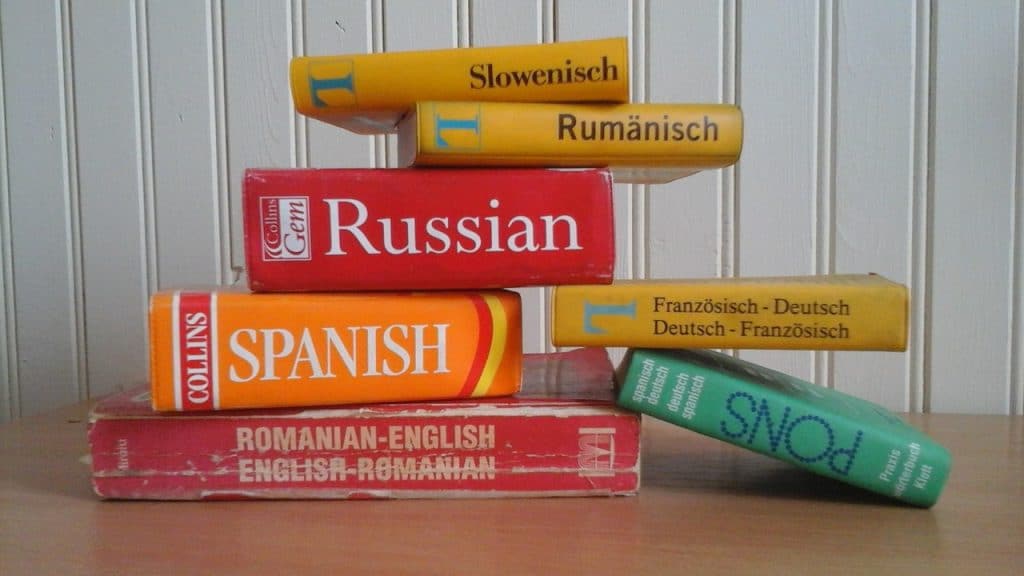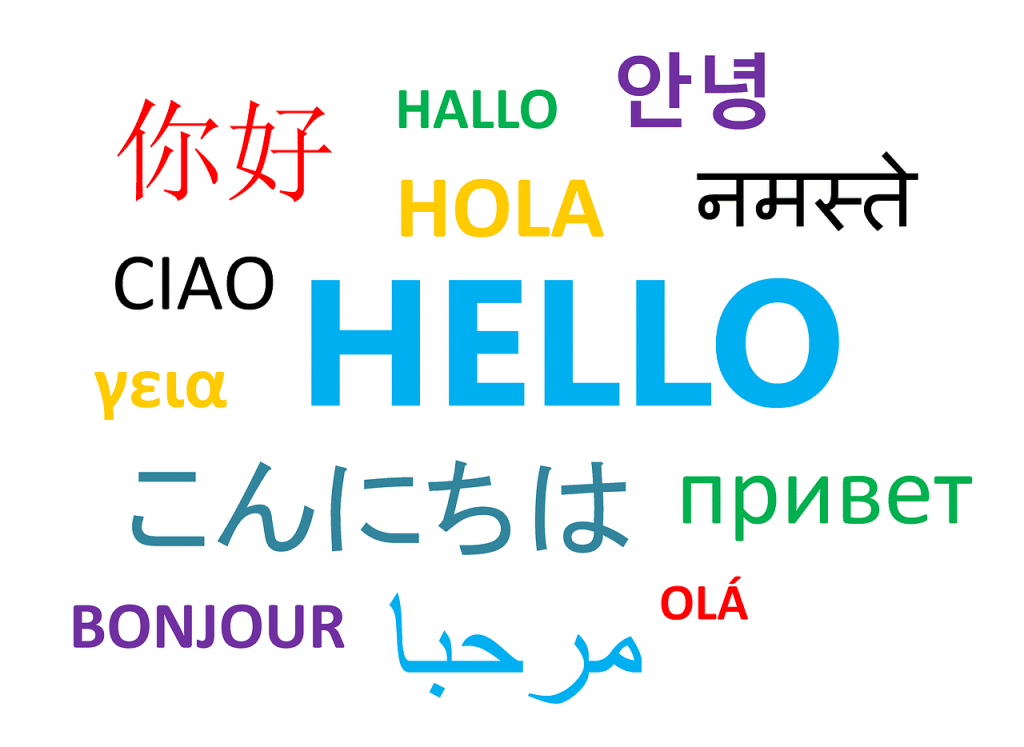
Why is it important to know more languages?
Anyone can learn as many languages as they want, and this can only be achieved with effort and perseverance. Knowing more languages offers you

Being bilingual is the ability of a person to master two languages fluently. It is therefore an issue that requires a precise approach in the era of global interconnectivity in which we live. Therefore, in this article we will explain in detail what it means to be bilingual.

First of all, to know what it means to be bilingual, it is necessary to analyse the etymology of the word. It is made up of the prefix “bi”, meaning two, and “lingua”, a term of Latin origin referring to language and speech. Therefore, the expression “to be bilingual” refers to a person’s ability to speak two languages.

However, experts point out that the word bilingual has to do with the practice of speaking two languages fluently. And this is where doubts arise, what is the level of fluency needed to be considered bilingual?
Well, actually there is no specific definition of bilingualism. Some people think that being bilingual is to master two languages at a high level like a native speaker. On the other hand, other people think that it is just a matter of using two languages correctly.
In general, it depends on the level of fluency that people show speaking the foreign language. The important thing is having the ability to communicate smoothly in both languages. In short, whatever the situation, we conclude that to be bilingual, the important thing is to be able to have fluent communication in both languages.
Now that we have an idea of what it means to be bilingual, we will look at the advantages of being bilingual, which, needless to say, cover various areas of life, such as personal, cultural and professional.

Being bilingual increases your chances of getting ahead at work. During the recruitment process for a specific job, mastering a second language adds value to your CV.
Furthermore, if you wish to obtain a salary increase, a job transfer or a position with greater advantages in an international environment, being bilingual is the starting point that will allow you to realise your career aspirations.
Keep in mind that being fluent in two languages is essential in careers such as tourism, business management, international relations, sales, and journalism.
Learning a foreign language trains your brain in terms of thinking skills and decision-making. Being bilingual and having a high level of proficiency in both languages facilitates problem solving.
Thus, proficiency in another language not only provides professional advantages but also brings benefits in everyday life. In addition, a bilingual person develops a more agile and effective way of thinking, which contributes to better communication and relations with other people.
As we have already mentioned, being bilingual benefits one’s personal sphere. Through the knowledge of a second language, you can develop the ability to connect and understand other cultures, understand other people’s way of thinking and their behaviour in certain situations.
Thus, speaking two languages allows you to improve your perception of the world, suppress negative concepts and prejudices about others, and lose your fear of exploring new horizons.
Speaking a second language makes your brain use areas that are not activated in people who only speak one language. Therefore, being bilingual allows you to have a more efficient and flexible brain.
According to studies conducted by the University of Granada, being bilingual improves attention span and stimulates memory. This is because speaking two languages increases the creation of associative pathways that facilitate the linking of memories.
Getting to know Italian or Spanish grammar well will enable you to enrich your skills in English. You will also expand your possibilities of defining concepts, because each word has a particular mental representation. Keep in mind that there are English words that do not have an Italian or Spanish translation.

Anyone can learn as many languages as they want, and this can only be achieved with effort and perseverance. Knowing more languages offers you

Learning a language is more than knowledge, it is a personal challenge. Because learning a language provides us with the basic tools to develop

Languages are an elementary basis for communication in today’s world. That is why they are necessary for our education, allowing us to experience endless
Italian, alongside English and French, is one of the most popular languages when it comes to choosing a language for further studies. Teaching techniques
Reserva tu Clase de Prueba Gratis
English Placement test
Select the correct answer. Then, write a short text choosing one of the two options.
Test di italiano
Scegli la risposta corretta. Successivamente, scegli un tema per una breve composizione scritta.
Test de español
Escoge la respuesta correcta. Sucesivamente, escoge un tema para escribir un breve texto.
Book Your Free Trial Lesson